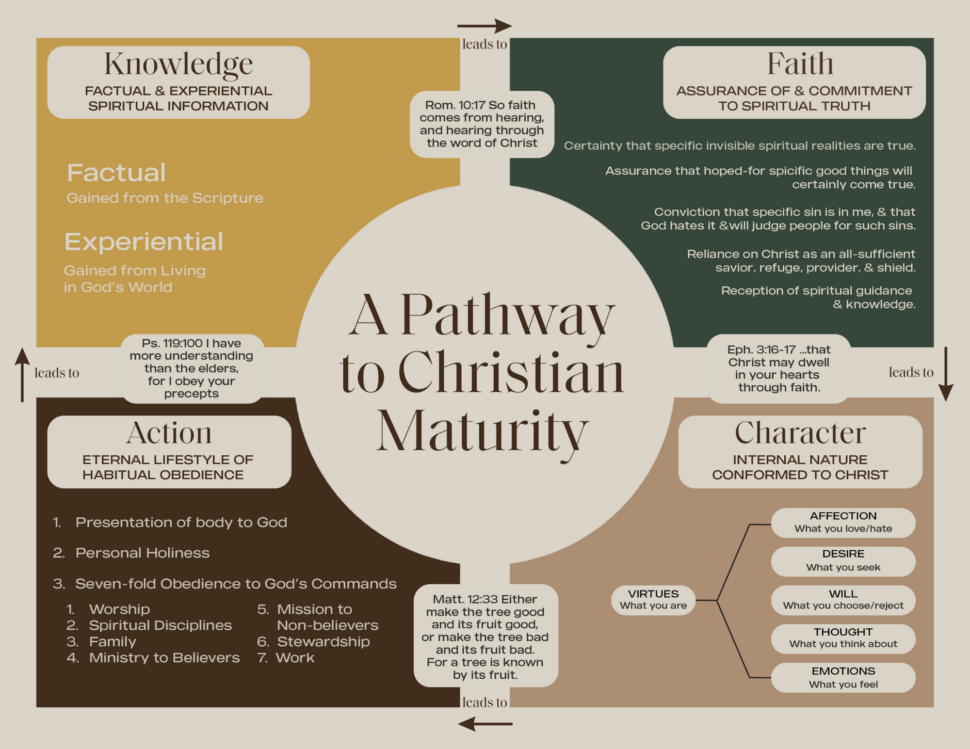
What does my wallet say about me?
Luke 12:33–34
Lessons from John Wesley
Church history is full of the accounts of people whose faith freed them from covetousness and greed (which is idolatry) so they could give with supernatural generosity. Early in his ministry, John Wesley visited a debtor’s prison, where he learned that one shilling could release a person from prison and set them free. He never looked at money the same way again. As his income increased from book sales and salary raises, he determined to live at the same level his whole life and to give the rest of his money away. One year, his income was slightly over £1,400, and he gave away all but £30. He felt that, with increasing income, a Christian’s standard of giving should increase, not his standard of living. When he died, his earthly possessions totaled no more than a few coins, but his heavenly tally was infinitely richer. He said very poignantly, “I value all things only by the price they shall gain in eternity.” Faith-filled, generous giving on earth is stored up in heaven in “purses . . . that will not wear out.” This kind of faith perspective is essential to spiritual maturity, and it makes Christian giving a daily adventure in investing in eternity.
Faithful in Little Means Faithful in Much
Money is “very little” in God’s sight, though the world often goes to war to possess it. But what is much in God’s sight is how we manage the “very little” that we have:
Whoever can be trusted with very little can also be trusted with much, and whoever is dishonest with very little will also be dishonest with much. So, if you have not been trustworthy in handling worldly wealth, who will trust you with true riches? And if you have not been trustworthy with someone else’s property, who will give you property of your own? No servant can serve two masters. Either he will hate the one and love the other, or he will be devoted to the one and despise the other. You cannot serve both God and Money. (Luke 16:10–13)
The Proper Perspective
Randy Alcorn has given us an immeasurable blessing by writing his book Money, Possessions, and Eternity. Alcorn says rightly, “The key to a right use of money and possessions is a right perspective— an eternal perspective. . .. The everyday choices I make regarding money and possessions are of eternal consequence.” Alcorn’s basic message is that money is a gift of God to be invested in the advancement of Christ’s kingdom but is a dangerous snare of the devil when not so invested. One of the key points of the book is, “you can’t take it with you, but you can send it on ahead.” By this he means that, by being faith-filled people in this present age, we will generously invest our earthly wealth in God’s work. God will account that gift to our heavenly ledger book, and we will be rewarded accordingly on Judgment Day. We “send it on ahead” every time our faith moves us to use our money and possessions for Christ’s work. We will never lose our reward. Jesus taught this principle in many places, but most clearly in Luke 12, “Sell your possessions and give to the poor. Provide purses for yourselves that will not wear out, a treasure in heaven that will not be exhausted, where no thief comes near, and no moth destroys. For where your treasure is, there your heart will be also. (Luke 12:33–34)
Handling money properly here and now means many things. It means giving generously to the work of God. Randy Alcorn calls tithing (giving a tenth to God) the “training wheels of Christian giving.” He argues that tithing is an Old Covenant principle for giving, and in every other case the New Covenant life is a vast improvement and enlargement of the Old Covenant life. Therefore, a tithe should just be the start of what a Spirit-filled Christian gives. Paul’s command to give cheerfully whatever God leads us to give (2 Corinthians 9:7) is the best principle. But the drive in stewardship should always be toward greater and greater generosity in Christian giving.
The fundamental concept that everything we have in life comes from God and will go back to God, with an accounting, is the essence of stewardship.
“What do you have that you did not receive?” (1 Corinthians 4:7). This profound question cuts to the root of the issue before us in this chapter—stewardship. The fundamental concept that everything we have in life comes from God and will go back to God, with an accounting, is the essence of stewardship. This chapter brings us to one of the most uncomfortable topics for the pseudo-convert and for the immature Christian. These people always cling to their wallets as the last stronghold of their pagan way of life. The foreign god Mammon (money) is one of the chief rivals to the true God of the Bible. And for this reason: “the Bible’s Author and Editor . . . devotes twice as many verses to money (about 2350 of them) than to faith and prayer combined. (Randy Alcorn, Money, Possessions, and Eternity).” Jesus spoke more about money than he did about heaven and hell. In the end, if our wallet is not truly converted, neither are we; and if our wallet is not being progressively sanctified, neither are we.
(Excerpt from An Infinite Journey, by Andy Davis, pages 393-397)





